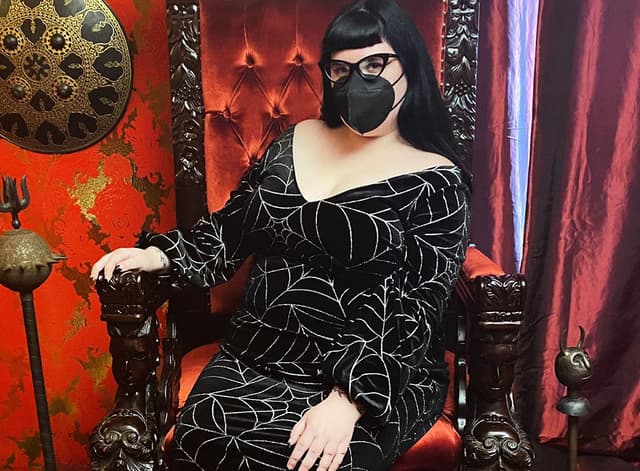Podcast

Sarah Brynn Holliday is Salem's Spooky Femme
October 31, 2021
Happy Halloween, lovers! For today’s special bonus episode, “spooky femme” sex educator Sarah Brynn Holliday stops by the show.

Happy Halloween, lovers! For today’s special bonus episode, “spooky femme” sex educator Sarah Brynn Holliday stops by the show.